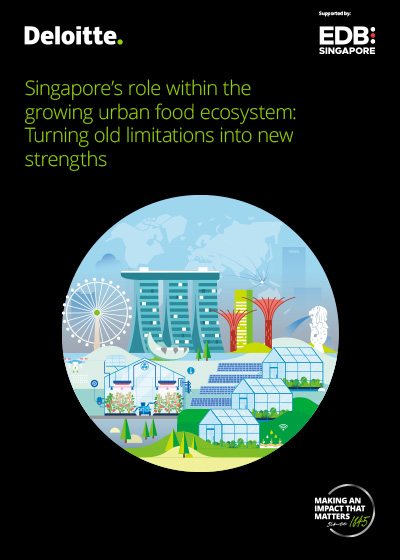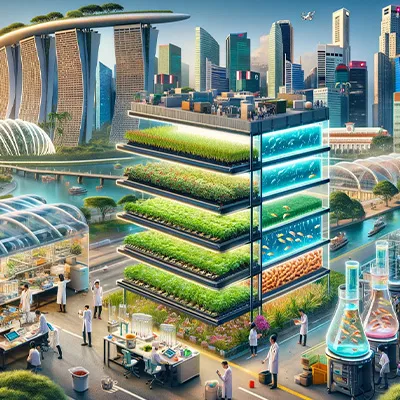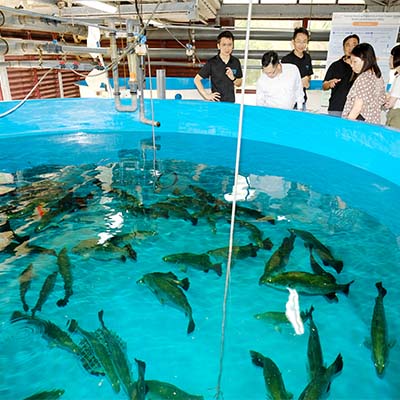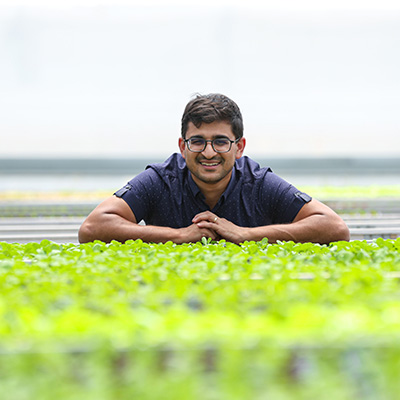These are perennial issues which were spotlighted during the Covid-19 pandemic, he said.
The Republic now banks on three strategies to safeguard its food supply - importing from a diversity of countries and jurisdictions, boosting local production, and stockpiling.
The contribution of each strategy to overall food supply depends on Singapore's security needs at that point, as well as the associated costs and opportunities of each, he said.
For instance, during peacetime, Singapore is able to count on its multiple sources of foreign imports. But even then, the country will still invest in developing its local agri-tech capabilities, said Mr Chan.
“We will still develop them, but we may not scale them up, because we have more competitive resources. But if things suddenly take a turn for the worse, and overseas supplies are unable to provide the diversity we need, then we are able to up local capacities,” he explained.
This approach of building up a portfolio of different technologies will also allow Singapore to find the most appropriate solution to scale up capacity when needed, Mr Chan added.
For instance, while Singapore does not produce carbohydrates during normal times due to there being cheaper alternatives, farms in Singapore could convert their systems to produce crops like sweet potatoes in times of need.
“That is a source of carbohydrates in times of need, but we don't need to produce that in normal times because we have other sources, and it's cheaper to do so and so forth,” said Mr Chan. “But having the capabilities is important - capabilities can help to scale our capacity (to produce more)."
Mr Chan's comments come amid a governmental push to get farmers here to harness technology in local food production.
In 2019, Singapore set a “30 by 30” goal to produce 30 per cent of its nutritional needs with local food by 2030. Currently, more than 90 per cent of the nation's food is imported.
Sky Greens, for instance, uses a multi-tiered vertical farming system that is equipped with solar panels to grow vegetables.
The Straits Times also reported in February that home-grown fish farm Apollo Aquaculture's eight-storey fish farm - the tallest in Singapore and the region - is slated to start operations in the first quarter of this year. When fully operational in 2023, the total output capacity would be 2,700 tonnes a year, about half of the 4,707 tonnes of fish produced locally in 2019.








